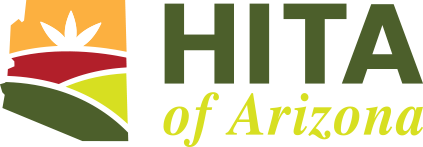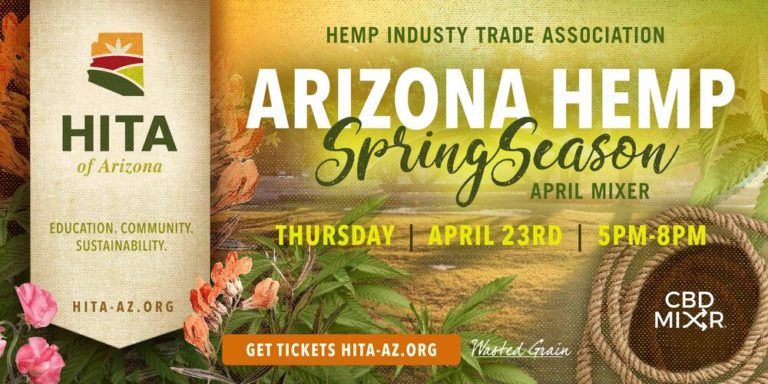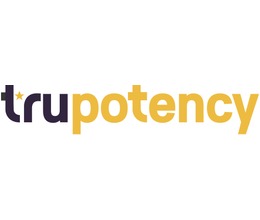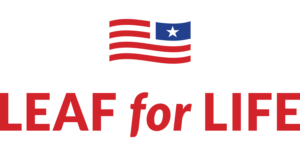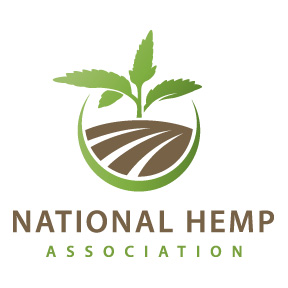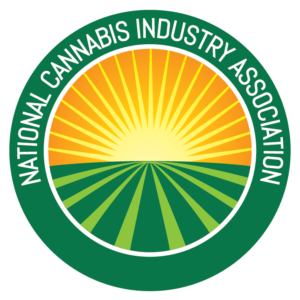Empowering Arizona’s Hemp Industry towards a sustainable future.
Connect with a HITA representative and learn how you can contribute to the industry.
Why Join Us?
An Industry Together Is Stronger As One
Joining the Hemp Industry Trade Association of Arizona (HITA) means being represented as a community alongside other stakeholders committed to building a strong and sustainable future for hemp in Arizona.
In addition to enhanced political representation, HITA membership offers unparalleled networking opportunities; exclusive access to industry information; special training and education opportunities; and local business connections and brand recognition.
Education
Community
Sustainability
Client Testimonials

Become a member today
Founding Industry Leaders
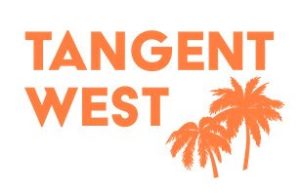


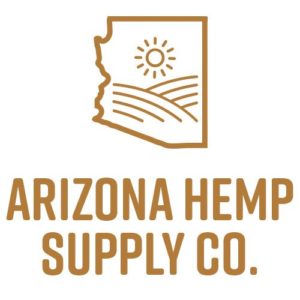
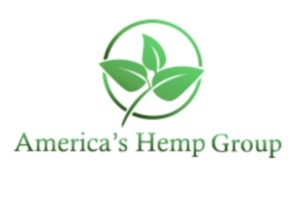
Highlights From Our Past Events
Upcoming Event Highlight
April Hemp Industry
We encourage you are to bring a guest as this is an exciting time in an emerging industry for Arizona and we want to get the word out to as many people as possible. Tickets available now, space is limited.
Membership Based On Your Needs
Individual Membership
Annually
-
Invitation To Bi-Monthly Networking Meetings (Excluded Special Parties)
-
1 guest attendee (New Visitors Only)
-
Access to Digital Recording Library (Coming Soon!)
-
$150 One-Time Fee Gets You Up To 2 Tickets To Special Events
Business Member
Annually
-
Invitation To Bi-Monthly Networking Meetings (Excluded Special Parties)
-
2 Free Guest Attendees
-
Access to digital recording library (Coming Soon!)
-
Logo on HITA Website
-
Invitation To Bi-Monthly Networking Meetings (Excluded Special Parties)2 Free Guest AttendeesAccess to digital recording library (Coming Soon!)Logo on HITA WebsiteDigital badge for your websiteDeep Backlink on HITA Website With Micro Website ListingsSponsorship Discounts+ New Member Add-on
Industry Leader
Annually
-
All Individual & Business Member Amenities
-
Invitation To Bi-Monthly Networking Meetings (Excluded Special Parties)
-
4 Free Guest Attendees Per Meeting
-
Consulting Priority
-
Invitation To Bi-Monthly Networking Meetings (Excluded Special Parties)2 Free Guest AttendeesAccess to digital recording library (Coming Soon!)Logo on HITA WebsiteDigital badge for your websiteDeep Backlink on HITA Website With Micro Website ListingsSponsorship Discounts+ New Member Add-on
Frequently Asked Questions
- In the Industrial Hemp Regulations, industrial hemp includes Cannabis plants and plant parts, of any variety, that contains 0.3% tetrahydrocannabinol (THC) or less in the leaves and flowering heads.
- Industrial hemp also includes the derivatives of industrial hemp plants and plant parts. These do not include the flowering parts or the leaves.
- Examples of derivatives that are considered industrial hemp include: hemp seed oil (oil derived from seed or grain) and hemp flour.
The Hemp Industry Trade Association of Arizona (HITA) is a community of stakeholders
committed to building a strong and sustainable future for hemp in Arizona. In addition to
enhanced political representation, HITA offers members unparalleled networking opportunities;
exclusive access to industry information; special training and education opportunities; and local
business connections and brand recognition.
HITA regularly hosts hemp industry networking events throughout the state, special engagement
private events and industry bench-mark celebrations. Our events attract the best and brightest
operators, business owners, government officials, activists, and community members from across the industry who enjoy learning from each other and exploring business opportunities in a casual environment. For more information visit www.hita-az.org or connect with the organization on Instagram and Facebook.
Both are Cannabis sativa L., Industrial hemp is the non-psychoactive, low-THC, oilseed and fiber varieties of the Cannabis sativa plant. Therefore, no they are not the same. Hemp has absolutely no use as a recreational drug.
YES! Thanks to the 2018 Agricultural Improvement Act (Farm Bill) hemp is non longer a controlled substance. However, hemp will still be regulated and can only be grown with a permit. Each state will have to submit their program to USDA for approval or have passed legislation to remove hemp from the state controlled substances act and allow for application through the USDA’s program.
- Cultivating, propagating and/or harvesting industrial hemp are included in production.
- Industrial hemp production includes obtaining industrial hemp – e.g. viable grain or seed or their derivatives – by any method or process, including manufacturing or using any means to change the chemical or physical properties of industrial hemp and including also cultivating, propagating or harvesting industrial hemp.
- Industrial hemp production is an activity that is authorized by a licence issued under the IHR, subject to the terms of the licence and to the regulations.
- However, it is important to note that the production of derivatives or products made from whole industrial hemp plants, including sprouts, or the leaves, flowers or bracts of those plants, cannot be authorized by a licence issued under the IHR. Most activities with whole industrial hemp plants, including sprouts, or with the leaves, flowers or bracts of the plant, fall outside of the application of the IHR. These activities are controlled under the CDSA and are not authorized under the IHR.
Fibre from stalks can be used in making paper, textiles, rope or twine, and construction materials. Grain from industrial hemp can be used in food products, cosmetics, plastics and fuel.
- Hemp seed is a highly nutritious source of protein and essential fatty oils. Many populations have grown hemp for its seed — most of them eat it as `gruel’ which is a lot like oatmeal. The leaves can be used as roughage. Hemp seeds do not contain any THC and they do not get you `high.’
- Hemp seed protein closely resembles protein as it is found in the human blood. It is fantastically easy to digest, and many patients who have trouble digesting food are given hemp seed by their doctors. Hemp seed was once called `edestine’ and was used by scientists as the model for vegetable protein.
- Hemp seed oil provides the human body with essential fatty acids. Hemp seed is the only seed which contains these oils with almost no saturated fat. As a supplement to the diet, these oils can reduce the risk of heart disease. It is because of these oils that birds will live much longer if they eat hemp seed.
- With hemp seed, a vegan or vegetarian can survive and eat virtually no saturated fats. One handful of hemp seed per day will supply adequate protein and essential oils for an adult.
- The stalk of the hemp plant has two parts, called the bast and the hurd. The fiber (bast) of the hemp plant can be woven into almost any kind of cloth. It is very durable. In fact, the first Levi’s blue jeans were made out of hemp for just this reason. Compared to all the other natural fibers available, hemp is more suitable for a large number of applications.
- Here is how hemp is harvested for fiber: A field of closely spaced hemp is allowed to grow until the leaves fall off. The hemp is then cut down and it lies in the field for some time washed by the rain. It is turned over once to expose both sides of the stalk evenly. During this time, the hurd softens up and many minerals are returned to the soil. This is called `retting,’ and after this step is complete, the stalks are brought to a machine which separates the bast and the hurd. We are lucky to have machines today — men used to do this last part by hand with hours of back-breaking labor.
In other countries, industrial hemp has proven to be a hardy, fast growing, resilient and high yield crop. In Canada, industrial hemp has shown good potential as an alternative to be included in rotation with other, more traditional crops. Its short growth period of 85-120 days makes it well suited for cultivation in many parts of Canada. If planted at the proper time, it reportedly suppresses most weeds. Insect and disease problems must be managed like any other crop.
The Agriculture Improvement Act of 2018 (2018 Farm Bill) , effective January 1, 2019, removed hemp from Schedule I of the federal Controlled Substances Act. Thus, hemp is no longer federally regulated as a controlled substance.
The international importation of seeds and plants is restricted under federal law. The U.S. Department of Agriculture (USDA) has published requirements for the international importation of hemp seed. For information regarding the international importation of hemp seeds and/or plants, contact the USDA.
The U.S. Postal Service (USPS) has published a bulletin to answer questions related to mailing hemp and hemp-related products through the USPS. For more information regarding mailing hemp and hemp-related products through the USPS, contact the USPS.
The Bureau of Cannabis Control (BCC) is responsible for regulating commercial cannabis licenses for retailers, distributors, microbusinesses, testing laboratories, and temporary cannabis events. The BCC has published answers to frequently asked questions related to the sale of hemp products in licensed cannabis retail stores. For information regarding selling products in licensed cannabis retail stores, contact BCC.
